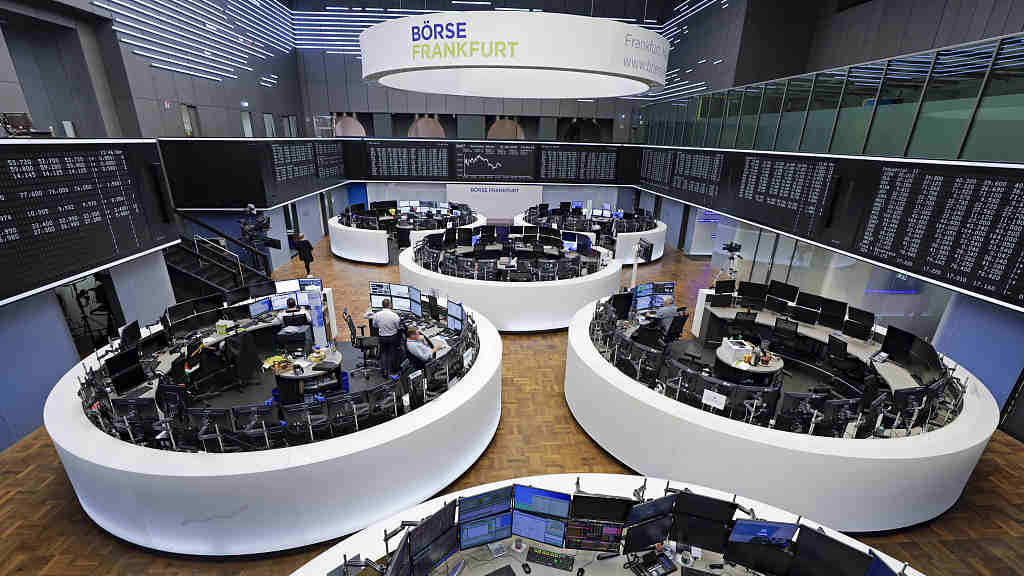LONDON — European markets closed lower on Friday afternoon after a key U.S. jobs report showed unexpected strength in the labor market.
The pan-European Stoxx 600 closed down by 0.8% provisionally, shortly after the release from the Bureau of Labor Statistics. Tech stocks fell 2.4% as most sectors and major bourses dipped into negative territory.
Nonfarm payrolls stateside increased by 528,000 in July, well above the 258,000 projected by Dow Jones estimates and defying signs that the economic recovery is fading.
The show of strength will be interpreted by investors as increasing the likelihood that the U.S. Federal Reserve will act more aggressively to bring down inflation, since the risk of such action tipping the economy into recession is diminished.
Markets have traded sideways this week as investors reacted to a slew of corporate earnings. The European blue chip index closed the previous session fractionally above the flatline.
The Bank of England on Thursday hiked interest rates by 50 basis points while forecasting U.K. inflation to peak above 13% in October and the economy to enter a prolonged recession in the fourth quarter.
Stateside, stocks slid after the jobs report as Wall Street assessed what a strong labor market would mean for the Fed’s rate tightening campaign.
Shares in Asia-Pacific closed mostly higher overnight, with Taiwanese stocks leading gains in the region as investors shook off China’s military drills following U.S. House Speaker Nancy Pelosi’s visit to Taiwan.
Earnings continued to drive individual share price movement in Europe. Allianz, Deutsche Post, the London Stock Exchange Group and WPP were among the companies reporting before the bell on Friday.
British financial services company Hargreaves Lansdown was the standout performer on the Stoxx 600, adding nearly 5% after beating profit expectations, while Deutsche Post added 4% after beating second-quarter profit expectations.
At the bottom of the index, German automotive and arms manufacturer Rheinmetall slumped nearly 12% after cutting its forward guidance on defense orders.
WPP dropped almost 9% after the British advertising giant after its first-half results.
On the data front, French industrial output unexpectedly rose in June, posting a strong 1.4% monthly increase despite forecasts for a 0.2% contraction amid persistent supply chain problems and the energy crisis.

